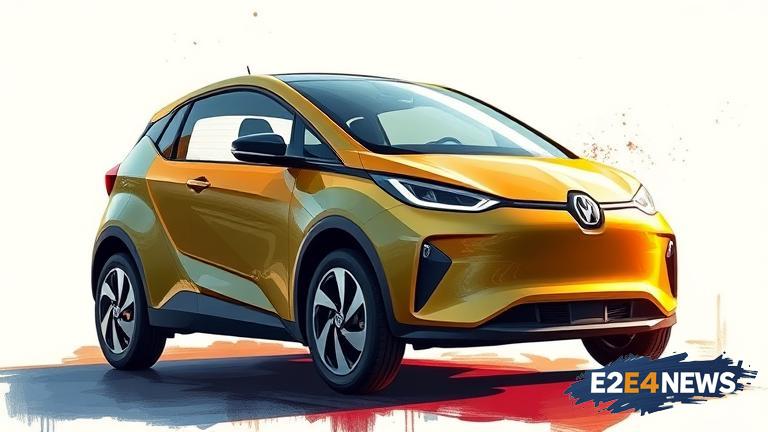The Indian government has announced a comprehensive plan to promote the adoption of electric vehicles (EVs) in the country. The plan includes a range of incentives and initiatives aimed at encouraging the use of EVs, reducing greenhouse gas emissions, and improving air quality. According to reports, the government plans to offer subsidies to EV manufacturers, as well as to consumers who purchase EVs. Additionally, the government will invest in the development of EV charging infrastructure, including the installation of charging stations along highways and in urban areas. The plan also includes measures to promote the use of EVs in public transportation, such as buses and taxis. The government has set a target of having at least 30% of new vehicle sales be electric by 2030. To achieve this goal, the government will work with state governments and private companies to develop EV-friendly policies and infrastructure. The plan also includes provisions for research and development of new EV technologies, as well as for the training of workers in the EV industry. The government believes that the adoption of EVs will not only help to reduce pollution but also create new job opportunities and stimulate economic growth. The plan has been welcomed by environmentalists and industry leaders, who see it as a major step forward in India’s transition to a more sustainable transportation system. However, some experts have raised concerns about the feasibility of the plan, citing the need for significant investment in infrastructure and the potential for disruption to traditional industries. Despite these challenges, the government remains committed to its goal of promoting the adoption of EVs and reducing the country’s dependence on fossil fuels. The plan is part of a broader effort to address the country’s environmental and energy challenges, and to promote sustainable development. India is not alone in its efforts to promote EVs, with many countries around the world implementing similar initiatives. The global EV market is expected to continue to grow in the coming years, driven by government policies and declining battery costs. As the world’s third-largest emitter of greenhouse gases, India’s efforts to promote EVs are seen as a crucial step towards reducing its carbon footprint. The government’s plan has also been praised for its focus on promoting the use of EVs in public transportation, which is seen as a key area for reducing emissions. Overall, the Indian government’s plan to promote the adoption of EVs is a significant step forward in the country’s transition to a more sustainable transportation system, and is expected to have a major impact on the environment, economy, and public health.
